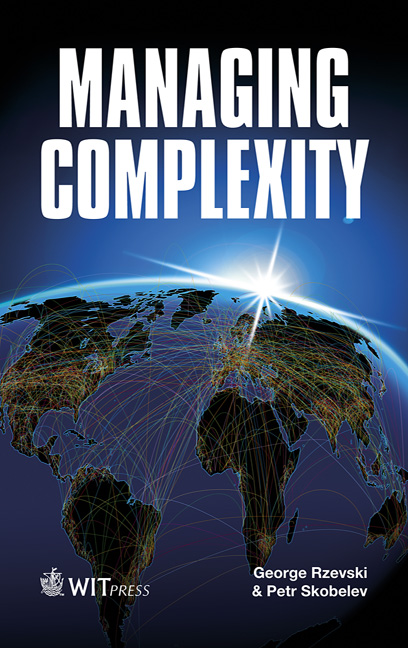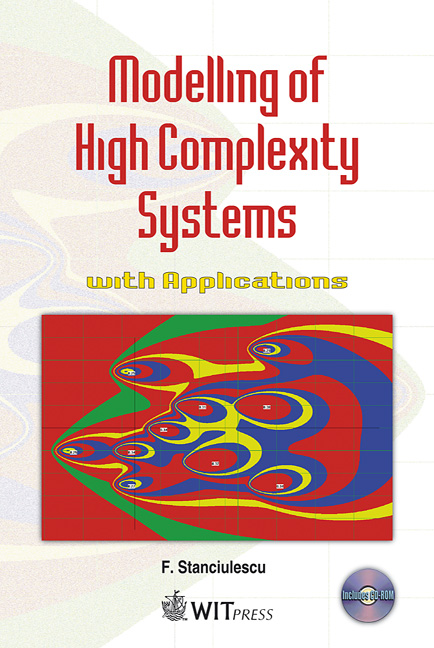Managing Complexity
Authors: G. Rzevski, The Open University, UK and P. Skobelev, Samara State Aerospace University, Russia
Price
£59.00 (free shipping)
ISBN
978-1-84564-936-4
eISBN
978-1-84564-937-1
Pages
216
Published
2014
Format
Hardback
Managing Complexity is the first book that clearly defines the concept of Complexity, explains how Complexity can be measured and tuned, and describes the seven key features of Complex Systems:
1. Connectivity
2. Autonomy
3. Emergency
4. Nonequilibrium
5. Non-linearity
6. Self-organisation
7. Co-evolution
The thesis of the book is that complexity of the environment in which we work and live offers new opportunities and that the best strategy for surviving and prospering under conditions of complexity is to develop adaptability to perpetually changing conditions.
An effective method for designing adaptability into business processes using multi-agent technology is presented and illustrated by several extensive examples, including adaptive, real-time scheduling of taxis, see-going tankers, road transport, supply chains, railway trains, production processes and swarms of small space satellites. Additional case studies include adaptive servicing of the International Space Station; adaptive processing of design changes of large structures such as wings of the largest airliner in the world; dynamic data mining, knowledge discovery and distributed semantic processing.
Finally, the book provides a foretaste of the next generation of complex issues, notably, The Internet of Things, Smart Cities, Digital Enterprises and Smart Logistics.
To learn more about the research of Professor George Rzevski please visit his personal website: www.rzevski.net.







